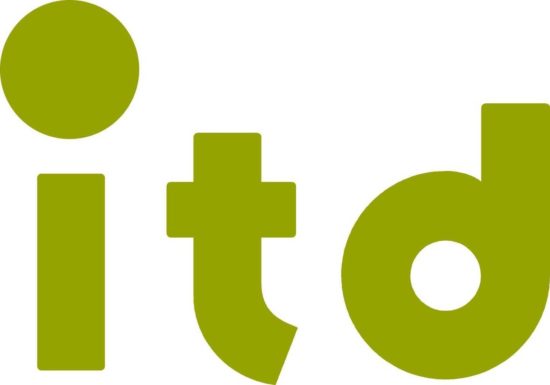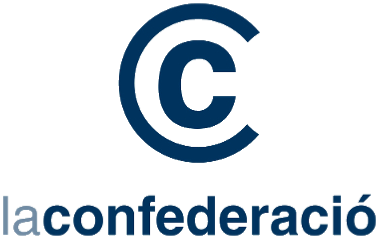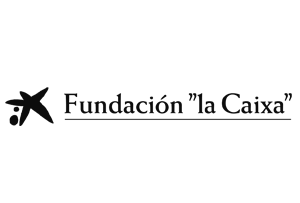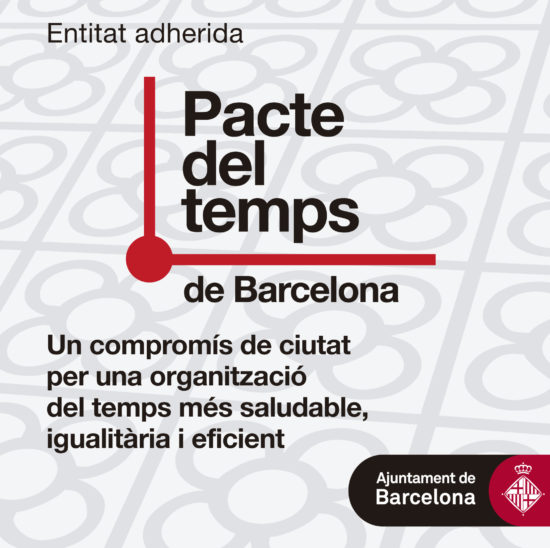The #DiOtherCity project proposes an adult learning programme for professionals in the Cultural and Creative Industries (CCIs), who wish to learn practical applications of digital tools to design innovative cultural experiences in their city. The focus will be on creating alternative narratives as well as new digital environments, whilst designing city tours in peripheral spaces.
The project responds to the dramatic changes in 2020 that have left many CCI professionals unemployed. Many creative activities have moved from live to virtual space, and professionals have either been made redundant, or have found themselves unskilled to adapt to the new online interactions. In addition, the employees first impacted dramatically by the COVID-19 lockdown, are self-employed and people on short term contracts, which is the majority in the CCIs. There is a clear need for training professionals in the CCIs, in soft and hard skills, to adapt to our “new normal”, and creating employment opportunities.
Tourism and heritage are closely linked to the CCIs, providing audience and income for cultural activities. Festivals, theatres and cultural centres (to name just a few) are dependent on tourism, and provide work for many professionals in the CCIs: guides, designers, curators, audio visual and sound technicians, programmers, musicians etc. However, mass tourism has become unsustainable. Its negative impact on the ecosystem and local environments has long been criticised. Since the COVID-19 travel restrictions and lockdown of public places, it has become evident that relying on mass tourism as an economic driving force is no longer possible. As an alternative, there is the tourism of experience. It focuses on “living” experiences in the city instead of “visiting” it, and it seeks alternative spaces to the overcrowded main attractions. It aims to move away from the centre to the periphery, and it has always included local and national audiences.
To improve digital skills in the CCIs in Europe, the project offers a learning programme around new heritage narratives combined with digital content creation. It proposes an innovative methodology, combining learning by doing and creative uses of free digital tools for city tours. The curriculum will teach various technologies: Augmented Reality or Printed Material, ebooks and geolocation features. Participants will experiment with their project and improve digital communication. They will increase their soft skills, confidence, and work opportunities.
The #DiOtherCity project will design a course with 5 modules and 4 related toolboxes, which will offer 24 tools to help learners design their city tour and develop these key competences: Literacy; Digital and technology-based; Interpersonal skills, and the ability to adopt new competences; Active citizenship; Entrepreneurship; Cultural awareness and expression; Multilingualism.
All project results will be made available online in 6 languages (EN, FR, IT, ES, GR, PL), and include:
• Open Educational Resource (OER) with the training programme and curriculum for professionals in the CCIs
• 12 tours designed by 12 participants, and testimonies about their learning experience
• Tourism profiling and training methodology report
• Training organization recommendations booklet
The long term benefits of the project will be the impact on learners’ competences and their improved employability, the free available material online, and the transferability of the tools to new training environments and sectors. Professionals in the CCIs need to acquire practical digital skills, and new concepts to imagine tourism and heritage in their local context. This transnational project will offer a European perspective, an insight into different local experiences, but from places with shared problems. Partners will implement the project in 6 cities across Europe: Brussels, Barcelona, Rome, Paris, Zabrze and Nicosia.
The #DiOtherCity project is funded by the Erasmus + Programme of the European Union. The content of the project reflects the views only of the authors, and the European Commission is not responsible for any use that may be made of the information contained therein. Project code: 2020-1-ES01-KA227-ADU-095512

 Español
Español Catalá
Catalá









